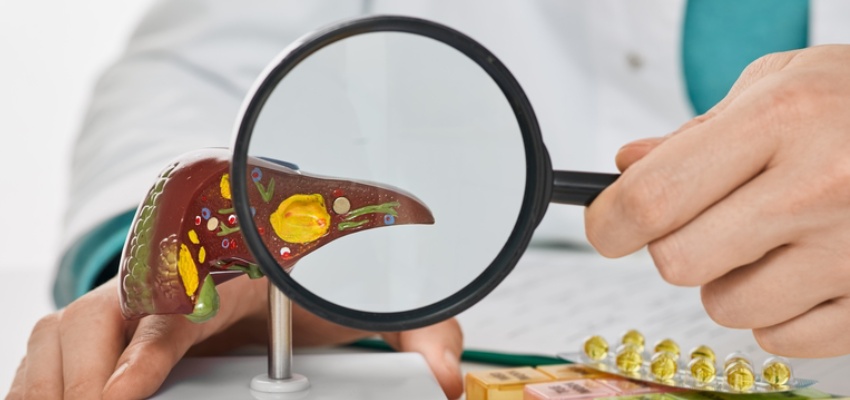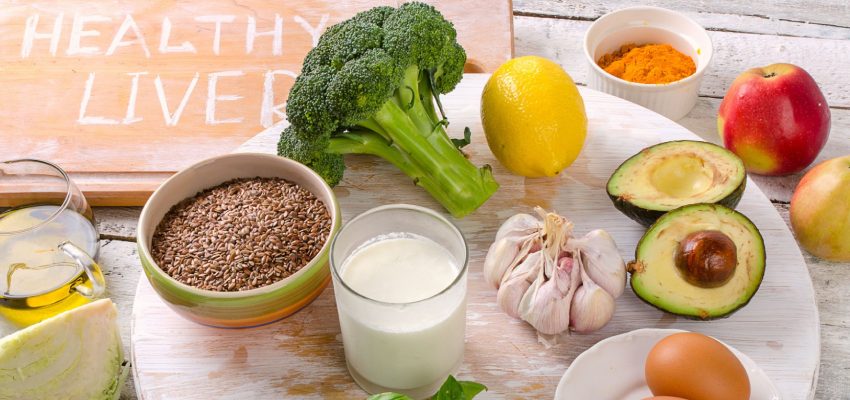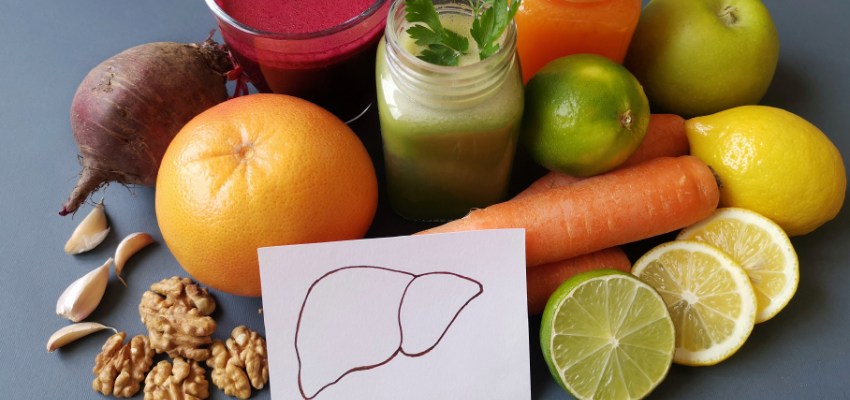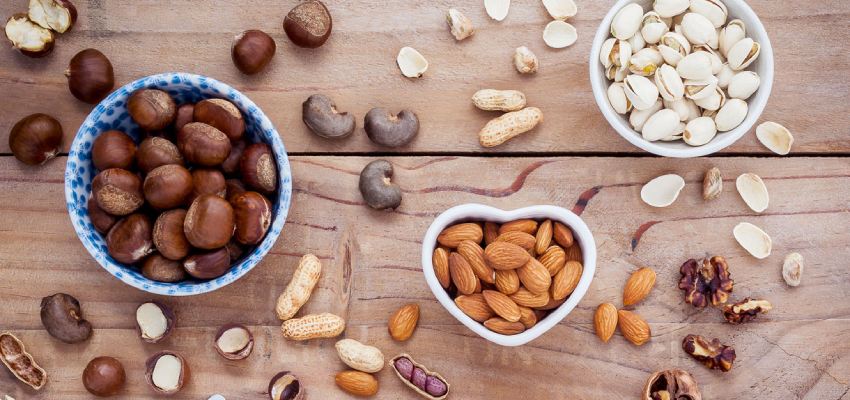The liver is an incredible organ that is vital to our well-being in general. The liver deserves particular care because of all the work it does in detoxification, metabolism, and many other areas.
This essential organ is unfortunately frequently put to stresses that might diminish its performance as a result of our contemporary way of life. Boost your liver health and general wellness with the help of this all-inclusive guide.
Dietary Strategies for Liver Health

- Keep your weight in a healthy range. One of the most rapidly increasing types of liver disease, non-alcoholic fatty liver disease (NAFLD) can develop in people who are overweight or even slightly overweight. In the fight against liver fat, losing weight can be a game-changer.
- Maintain a healthy weight by monitoring what you eat. Stay away from sugar, processed carbs (such white bread, rice, and pasta), saturated fat, and meals that are heavy in calories. Raw or undercooked shellfish should not be consumed.
Fruits, vegetables, whole grain breads, rice, and cereals are good sources of fiber, which is essential for a balanced diet. Incorporate meat (red meat in moderation), dairy (low-fat milk and moderate cheese consumption), and healthy fats (monounsaturated and polyunsaturated) into your diet through foods like fish, nuts, seeds, and vegetable oils. Stay well hydrated by consuming plenty of water. - Maintain a regular exercise routine. Regular exercise can lower liver fat and aid in the burning of triglycerides for fuel.
- Get away from harmful substances. Hepatic cells are vulnerable to toxicity. Keep your hands away from anything that might cause poisoning, such as aerosol cleaners, pesticides, chemicals, and additives. Always use a mask and check that the area is well-ventilated before using aerosols. Give up smoking.
- Drink alcohol in moderation. Numerous health issues might be brought about by alcoholic drinks. Liver cells can be damaged or destroyed, leading to scarring in the liver. For guidance on an appropriate alcohol intake, see your physician. Your doctor may suggest cutting back or cutting off alcohol entirely.
- Stay away from illegal substances. Nearly 24 million adults in the United States used illegal drugs in the month leading up to the 2012 poll, implying that they were current users.
As a whole, those aged 12 and up make up 9.2% of the population. Medications such as marijuana, hashish, crack cocaine, heroin, hallucinogens, inhalants, and non-medically used psychotherapy prescription medications are all considered illegal substances. - Never use a needle that has been infected. Needless to say, intravenous drug use isn’t the only activity that might lead to contamination. It is important to consult a doctor and undergo testing after any skin puncture using sharp objects or needles.
Although uncommon, unsafe injection practices can happen in healthcare facilities and necessitate prompt intervention. Be careful to use sterile needles whenever you get a tattoo or pierce your body. - Consult a doctor if you come into contact with blood. Make an appointment with your doctor right away if you suspect you’ve come into touch with blood. The emergency department at the closest hospital should be your first stop if you’re very worried.
- Keep all toiletries to yourselves. Sharp objects like razors, toothbrushes, and nail clippers, for instance, can harbor potentially infected bodily fluids at tiny levels.
- It is important to engage in safe sexual practices. Hepatitis B and C are more likely to occur in people who engage in unprotected intercourse or who have sexual relations with more than one other.
- Please cleanse your hands. After you use the restroom, change a diaper, or are about to eat, wash your hands thoroughly with soap and warm water.
- Take all drugs exactly as prescribed. Liver damage can occur when medications are used improperly, such as in large doses, with the wrong kind of medication, or when they are mixed.
It doesn’t matter whether you’re taking many prescriptions or narcotics at once; you should never combine alcohol with them. If you use any over-the-counter medications, vitamins, or herbal treatments, be sure to let your doctor know. - A vaccine is a must. Hepatitis A and B vaccinations are available. The hepatitis C virus currently does not have a vaccine.
Have a look at best liver tonic.
Specific Nutrients for Liver Support

Vegetables such as crucifers
Get ready for some broccoli heaven if you’re a fan. The liver benefits from cruciferous vegetables like this one, as well as Brussels sprouts, mustard greens, and cauliflower.
Because of the fiber they contain, they are good for your liver. Additionally, they may aid in the prevention of liver cancer due to the presence of antioxidants and phytochemicals.
Here is best food for liver.
Fruits and Nuts
The high fiber content of berries like blueberries, strawberries, and raspberries makes them a wise addition to meals and snacks. The anthocyanins and other antioxidants found in berries are quite potent.

Research on animals and in test tubes has connected the potent antioxidants found in berries to less liver damage. Antioxidants may also reduce the rate of cancer cell development in the liver.
Currently, there is insufficient evidence from human research to draw any firm conclusions about these connections. Investigations continue.
You should also know – Does masturbation effect on liver
Grapes
Grapes, like berries, are packed in antioxidants and fiber. In particular, the antioxidant resveratrol found in grapes may aid in the prevention of further liver damage in those suffering from NAFLD.
Research suggests that resveratrol supplements derived from grape extract may reduce inflammation in individuals with NAFLD. Antioxidants included in diet and supplements may slow the development of NAFLD, which is a condition characterized by oxidative stress.
You can also look at grade 1 fatty liver.
Nuts
Nuts are beneficial to your diet since they include a lot of healthy unsaturated fats. To be more specific, one study indicated that the risk of developing non-alcoholic fatty liver disease (NAFLD) may be reduced by adding 28 grams of walnuts to a daily Mediterranean diet.

Another study found that nut-heavy diets, especially in males, reduced the incidence of non-alcoholic fatty liver disease.
Read about – Fatty liver grade 2
Beans
Dietary recommendations from the American Liver Foundation include less red meat and saturated fat. Swapping out red meat for legumes like chickpeas, lentils, and beans is a terrific method to do this.
Because of their high fiber content and low saturated fat content, these beans are great for your liver.
Explore more about – Cod liver oil benefits
Conclusion
Liver health is integral to general wellness, and one way to maintain normal liver function is with a diet rich in fiber and anti-inflammatory foods.
Lots of fruits, veggies, beans, almonds, and whole grains should be part of your diet. To round off a healthy diet, drink some coffee or green tea both are good for your liver.
Consider reading –
- Eye prescription chart
- Odpc meaning in prescription
- Rx meaning in prescription
- Sos meaning in medical prescription
- Labd meaning in prescription